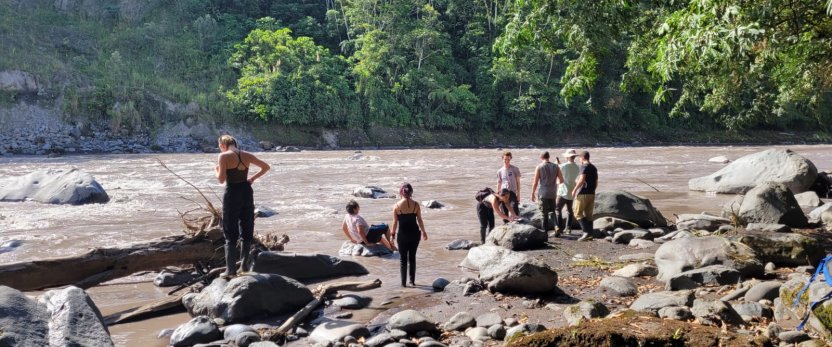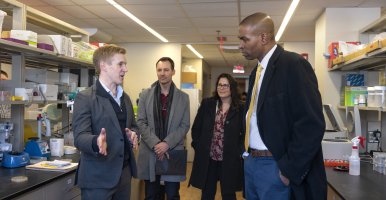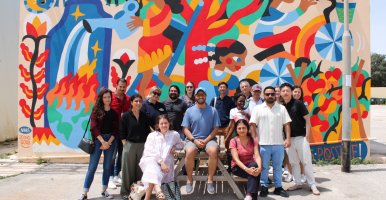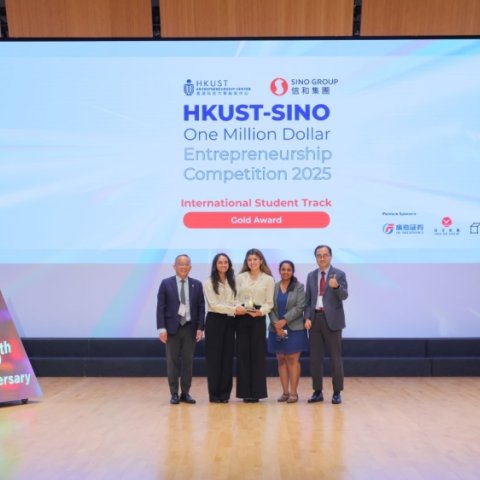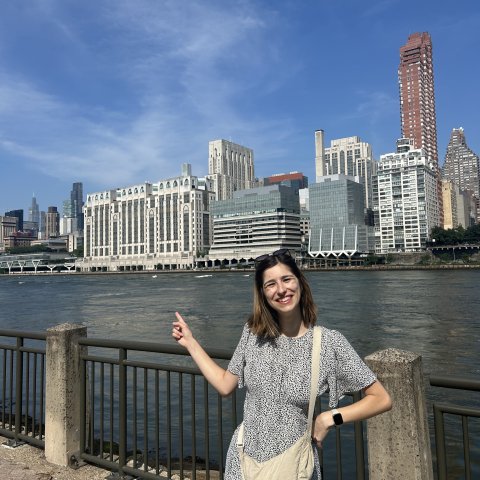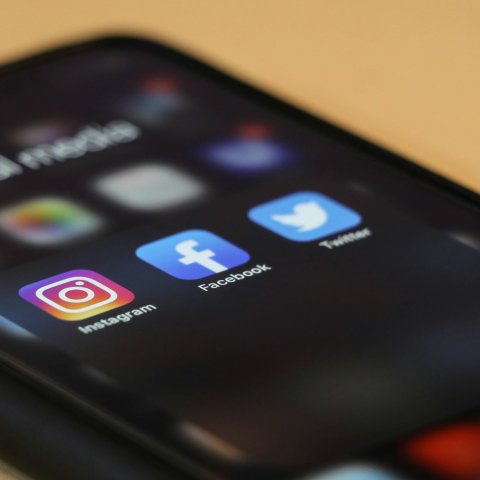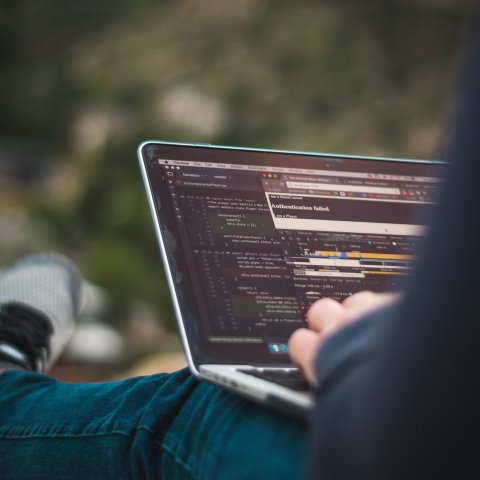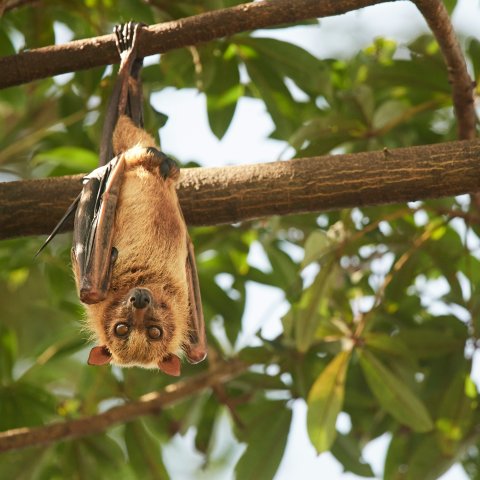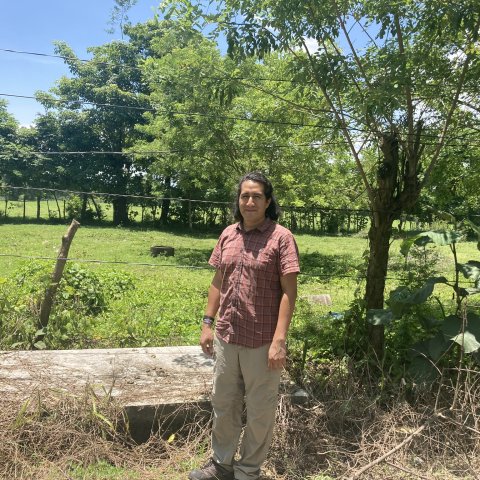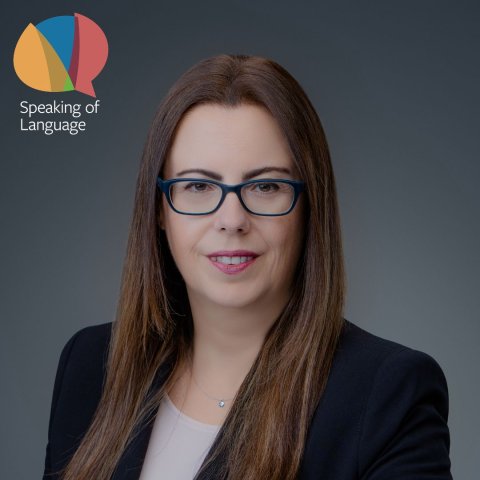Research
Cornell Global Hubs put scholars at the center of a transnational research network. At Hubs, international work is supported and seamless — so teams can focus on building their world-class collaborations and advancing shared research interests.
Cornell researchers: Find out about opportunities with Hubs partners.
Research Fast Facts
134
Joint seed grants
$1.3M
Total seed grant funding
$180K
Follow-on for 3 teams
13 Cornell colleges and schools
participated in Hubs collaborations supported by joint seed grants in 2024.
Cornell researchers: Start your Hubs engagement by exploring locations and reaching out to the faculty lead in your region of interest.
Growing Our Global Impact
Global Hubs welcomed four new joint seed grant partners in 2024, bringing the number of participating institutions to 11. Research teams made up of Cornell faculty and collaborators from partner institutions receive Cornell-partner matching funds to support their emerging research projects. Together, we launched 47 global collaborations in 2024!
HEaTR for a Warming World
A climate collaboration with Hubs partners in India, the United Kingdom, Ghana, and Singapore, the Global Center for Household Energy and Thermal Resilience was launched with a joint seed grant and received a two-year $250K design grant from the National Science Foundation (NSF).
Biomining with a Microbe-Mineral Atlas
A pathway to mining rare earth elements sustainably began with a Hubs joint seed grant to support collaboration with two UK partner universities and researchers in Japan and Canada. The atlas team is expanding its scope with a three-year $2 million NSF grant.
Migrations in Malta
Migrations experts at Cornell and UK Hubs partner Queen Mary University of London established a wide-ranging research and teaching collaboration with a seed grant–funded retreat held at QMUL’s Malta campus in 2023. They are currently preparing an SBE-UKRI research proposal.
Natural History Field Note
Cornell's Alexander Flecker (CALS, A&S) and Ethan Duvall (CALS) were part of a team that published a peer-reviewed paper titled “Geophagy by a Large Herbivore Driven by a Human Sodium Supply” in BioTropica's May 2024 edition. Learn more about their research.
Full listing
Cornell students received international recognition and a cash prize from the Hong Kong University of Science and Technology during its One Million Dollar Entrepreneurship Competition 2025.
Source
Up to 20 early-stage research projects will receive funding from this year’s Global Hubs Research Seed Grants, connecting Cornell faculty with researchers at Global Hubs partner universities. Applications are due Oct. 15.
Source
Nine PhD students from Imperial College London were placed at Cornell this summer—seven on the Cornell Ithaca campus and two at Weill Cornell Medicine in New York City. They partnered with Cornell professors and researchers as part of the Imperial Global Fellows Fund.
A new study shows that when Indians and Americans used an AI writing assistant, their writing became more similar, mainly at the expense of Indian writing styles. Senior author on the paper Aditya Vashistha is funded by our Global Grand Challenge: The Future.
Source
Qi Wang, the Joan K. and Irwin M. Jacobs Professor of Human Development in the College of Human Ecology, teams up with Andrew Hoskins from the University of Edinburgh on a new book, The Remaking of Memory in the Age of Internet and Social Media.
Source
Rebecca Slayton, director of the Reppy Institute for Peace and Conflict Studies, studies the role of uncertainty in the cyber threat security industry. Her new article won an award from the International Studies Association.
Source
Cornell researcher Raina Plowright and her team observed that when bats in Australia lost access to their habitat and natural food sources, they sought food on agricultural lands. And when the animals’ diets changed, they shed more virus, increasing the virus’ spread to horses, as well as the risk to people.
Source
A study published in the Cambridge Journal of Regions by researchers from USFQ, Cornell University, and Penn State warns that we need to rethink the economic and social structure at a global level.
Source
Sixty-three graduate students completed international fieldwork last summer with the support of research travel grants from the Mario Einaudi Center for International Studies.


